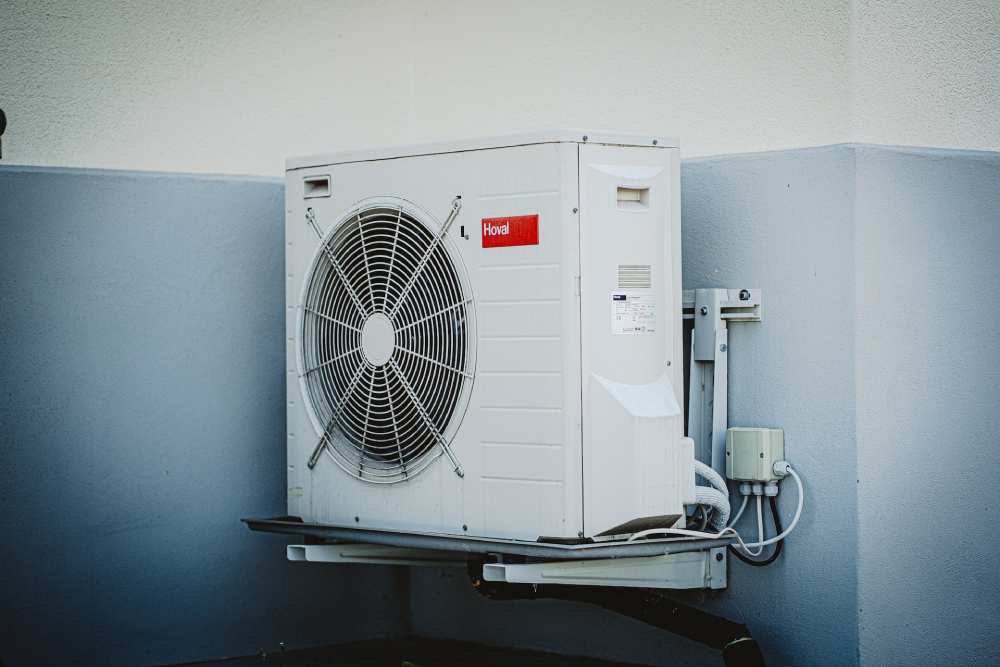HVAC specialists in Delaware are granted licenses by the Division of Professional Regulation. The Board of Plumbing, Heating, Ventilation, Air Conditioning, and Refrigeration Examiners ensures that these professionals meet industry standards for competency, investigates complaints against them, and imposes disciplinary sanctions.
Easily accessible means that system components such as air handling units, controls, and exhaust fans can be accessed without requiring a ladder or removing ceiling tiles. It is essential to help prevent unnecessary service calls.
Contents
License Requirements
The state requires HVAC contractors to be licensed. Those interested in becoming licensed must first have a journeyman-level certificate from an approved apprenticeship program or have two years of experience working under a master licensee or seven years in a field related to the specialty they wish to practice, then pass an exam.
The Board of Plumbing, Heating, Ventilation, Air Conditioning, and Refrigeration Examiners administers the exam. It ensures that Delaware HVAC professionals meet minimum standards for competency, adjudicate complaints against practitioners, and, when necessary, impose disciplinary sanctions.
In addition to licensing requirements, each person performing HVAC work must have a sales tax registration and workers’ compensation insurance. Zoning laws may also require obtaining a permit before starting any construction.
Additionally, some specialty exams must be passed to provide certain services. For example, a ductwork specialist must be licensed in duct design and installation, and an electrical contractor must have an electrical exam certification.
Licensing Requirements for Contractors
To become a licensed HVAC contractor, you must pass the EPA Section 608 exam. Your school or employer usually offers it and will provide you with an EPA certification specific to the type of HVAC work you want.
Once you have a journeyman certificate, you can apply for a master’s or restricted license with the state board. After receiving the certificate, you must apply for a copy of your Journeyman certificate, your apprenticeship program Certificate of Completion, and proof of work experience.
You will also need to show that you have liability insurance and workers’ compensation coverage. Some counties will require you to post surety bonds for the total cost of the project you are working on. A good insurance agent can help you determine the bond amount you must pay. In addition, the state requires you to have a commercial general liability policy in place.
Licensing Requirements for Mechanics
According to a 2015 article in the online news journal, Delaware is experiencing a boom in the construction of commercial and residential HVAC systems. The top four industries in the state – aircraft manufacturing, environmental remediation, healthcare, and finance – heavily rely on efficient heating, ventilation, and air conditioning (HVAC) systems.
Those seeking to become master-level HVAC technicians must complete a post-secondary program or enroll in an apprenticeship that combines full-time work with training. Apprentices earn a journeyperson wage while working their way up to the total salary of a licensed contractor.
If the HVAC mechanic intends to work on refrigeration systems or gas piping, they must be EPA Section 608 certified. This certification can be obtained through a post-secondary program or an apprenticeship with a reputable company.
Licensing Requirements for Service Technicians
The State of Delaware’s Division of Professional Regulation oversees the Board of Plumbing, Heating, Ventilation, Air Conditioning, and Refrigeration Examiners. The Board makes sure heating, ventilation, and air-conditioning professionals meet high standards for competency, investigates complaints against practitioners, and, when necessary, imposes disciplinary sanctions.
The Board offers the HVACR Technician Examination three or four times yearly in Dover/Harrington and Newark, with a passing score required. Applicants can find information on the exam and how to register with Prometric on the Board’s website.
The Board also offers the master HVACR license for technicians wanting to work in multiple specialties. The license can be obtained by submitting a master HVACR Application Form, a copy of the Journeyman Certificate from an approved apprenticeship program, and two years of experience working under the supervision of a Master HVACR licensee.
Once the license is issued, the holder must pay an annual renewal fee and keep their contact information up to date with the Board.





